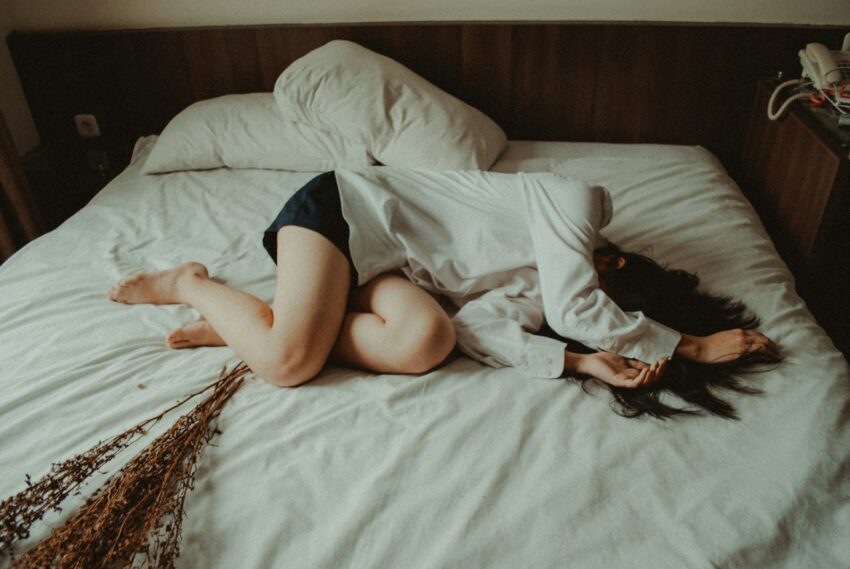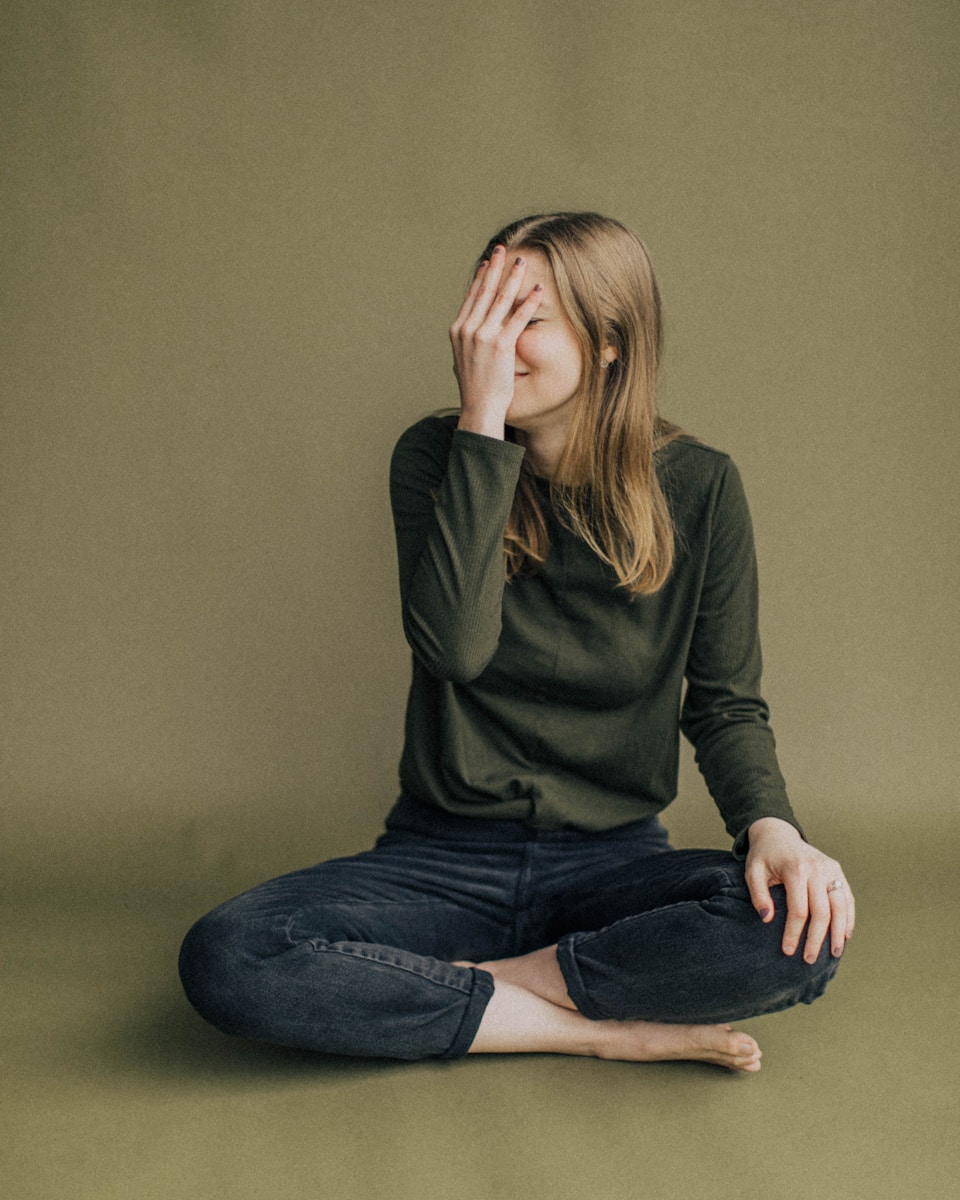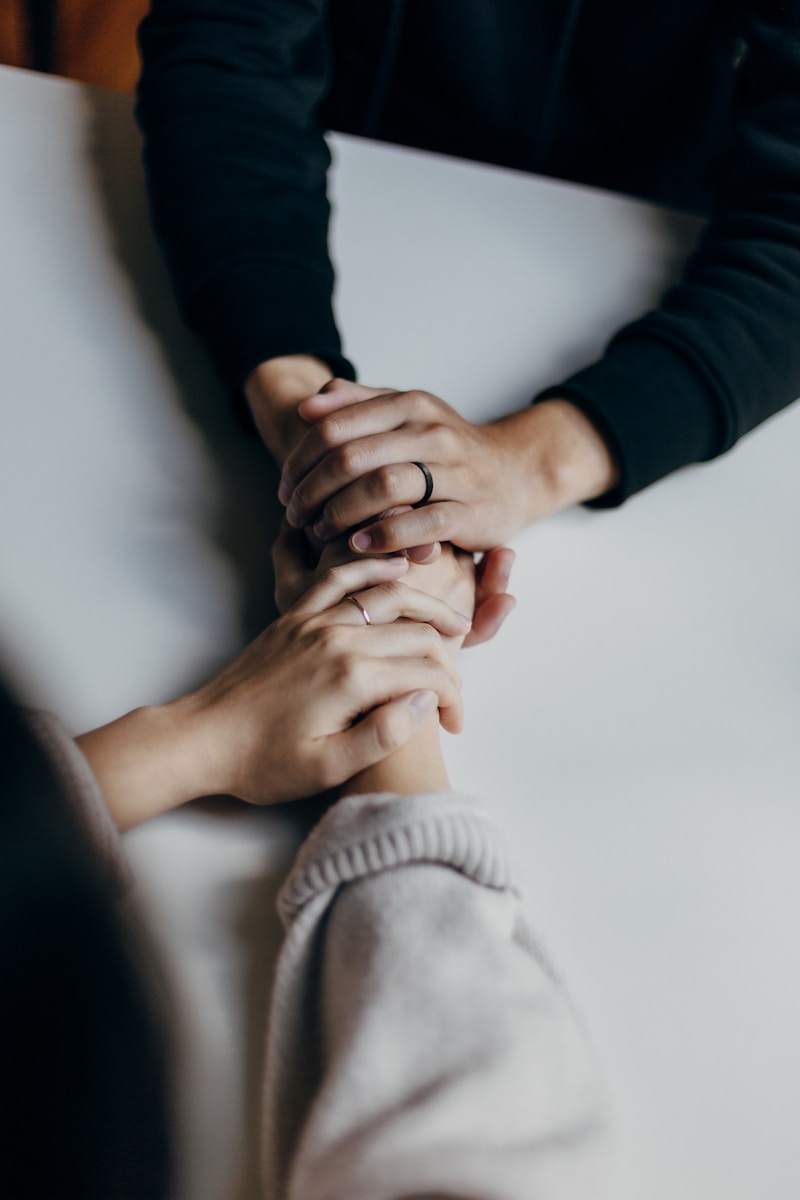Depression is one of the most common mental health conditions in the world. It affects how a person feels, thinks, and lives daily life. While depression can feel overwhelming, it is also treatable. The most effective recovery plans usually combine therapy, medication, and healthy lifestyle changes.
In this article, we will explore three key approaches to treating depression—Cognitive Behavioral Therapy (CBT), medication, and lifestyle habits—to understand how they work together to support healing.
How Widespread Is Depression?
Depression is not rare. According to the World Health Organization (WHO), about 280 million people worldwide live with depression【WHO, 2021】. In the United States, the National Institute of Mental Health (NIMH) reports that 8.3% of adults experienced at least one major depressive episode in 2021【NIMH, 2022】.
These numbers show that millions of people are affected—and many find relief through a combination of therapies.
Cognitive Behavioral Therapy (CBT)
What Is CBT?
Cognitive Behavioral Therapy is one of the most researched and effective forms of psychotherapy for depression. It focuses on identifying and changing negative thought patterns and behaviors that fuel depressive symptoms.
Instead of digging deeply into the past, CBT works in the present, teaching practical tools to manage mood and thinking.
How CBT Helps Depression
- Reframes negative thoughts: People learn to challenge self-critical or hopeless thinking.
- Encourages healthy behaviors: CBT promotes small, achievable steps that build confidence and energy.
- Develops coping skills: It provides strategies to handle stress and prevent relapse.
A study in The Lancet Psychiatry found that CBT is as effective as antidepressants for many people with moderate depression, and combining the two can provide even stronger results【Cuijpers et al., 2016】.
Medication for Depression
Why Medication Matters
Depression is linked to changes in brain chemistry, particularly involving serotonin, norepinephrine, and dopamine. Medications can help restore balance in these chemicals, which may improve mood, energy, and sleep.
Types of Antidepressants
- SSRIs (Selective Serotonin Reuptake Inhibitors): Examples include Prozac (fluoxetine) and Zoloft (sertraline). These are often the first choice due to fewer side effects.
- SNRIs (Serotonin-Norepinephrine Reuptake Inhibitors): Such as Cymbalta (duloxetine) and Effexor (venlafaxine).
- Tricyclic Antidepressants and MAOIs: Older classes, used when newer medications are not effective.
Things to Know
- Medication often takes 4–6 weeks to show full effects.
- Some people may need to try more than one medication to find the right fit.
- Stopping suddenly can cause withdrawal-like symptoms, so it should always be done under medical supervision.
The American Psychiatric Association (APA) recommends medication for moderate to severe depression, especially when therapy alone is not enough【APA, 2020】.
Lifestyle Changes That Support Recovery
Depression treatment goes beyond therapy and medication. Daily habits play a powerful role in managing symptoms and preventing relapse.
1. Exercise
Physical activity releases endorphins and reduces stress hormones. Research shows that 30 minutes of exercise three to five times per week can significantly reduce depressive symptoms【Mayo Clinic, 2022】.
2. Nutrition
A balanced diet supports brain health. Diets rich in fruits, vegetables, whole grains, and omega-3 fatty acids (found in fish, walnuts, flaxseeds) are linked to better mood and lower rates of depression.
3. Sleep
Poor sleep worsens depression, while good rest supports recovery. Aiming for 7–9 hours of quality sleep each night improves mood and energy.
4. Mindfulness and Meditation
Mindfulness practices reduce rumination—the cycle of negative thinking common in depression. Studies show that mindfulness-based cognitive therapy (MBCT) helps prevent relapse【Segal et al., 2018】.
5. Social Support
Isolation increases depression. Staying connected to friends, family, or support groups provides encouragement and reduces loneliness.
Combining Approaches for the Best Results
Depression treatment is most effective when therapies are combined. For example:
- CBT + Medication: Provides both practical coping strategies and chemical balance.
- Lifestyle + Therapy: Supports long-term resilience and lowers the risk of relapse.
- Medication + Lifestyle: Helps stabilize mood while healthy habits improve energy and well-being.
The National Institute for Health and Care Excellence (NICE) recommends a stepped approach: starting with therapy or lifestyle changes for mild cases and combining them with medication for moderate to severe cases【NICE, 2022】.
When to Seek Help
Seek professional support if you notice:
- Persistent sadness lasting more than two weeks
- Loss of interest in activities
- Changes in appetite, sleep, or energy
- Thoughts of self-harm or suicide
If you or someone you know is in crisis, call your local emergency number. In the U.S., you can dial 988 for the Suicide & Crisis Lifeline.
Conclusion
Depression is a serious but treatable condition. The best outcomes usually come from a combination of therapies: CBT to reframe thoughts and behaviors, medication to balance brain chemistry, and lifestyle changes to support overall health.



